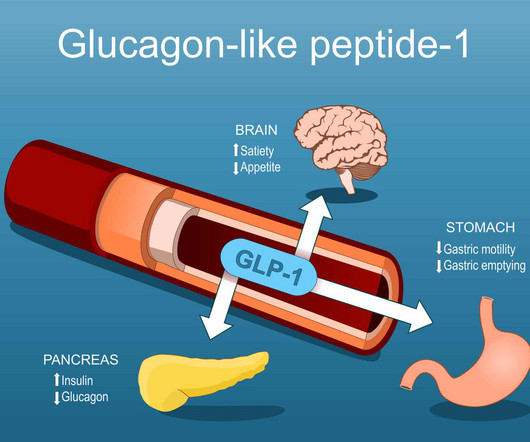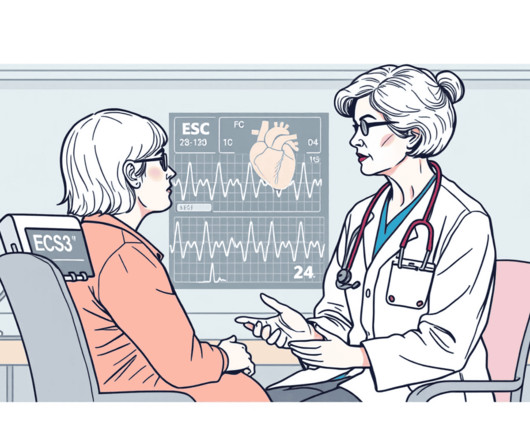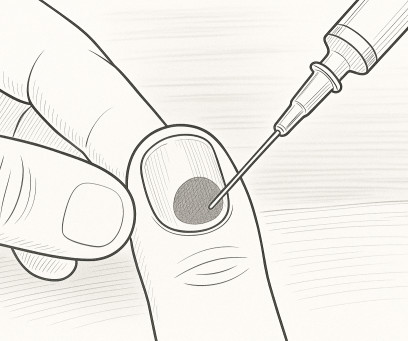Key Facts GPs Should Know About GLP-1 Analogs
Family Medicine Initiative
APRIL 9, 2024
Demand for new obesity medications like semaglutide (GLP-1 analogs) is high, but availability is low. So, which patients should get them first? What are the true benefits and side effects? Patients ask me these questions fairly often, so I know it’s important for GPs to know the key facts. I therefore reviewed the main research studies and guidelines and tried to summarize them briefly and clearly in this article. 1.

















Let's personalize your content